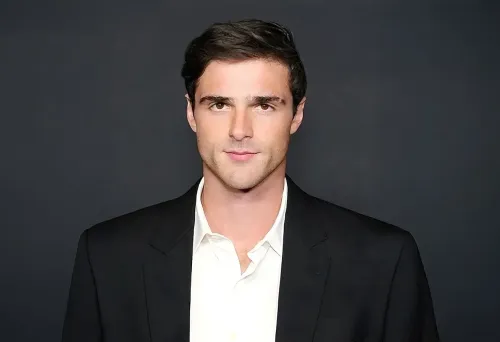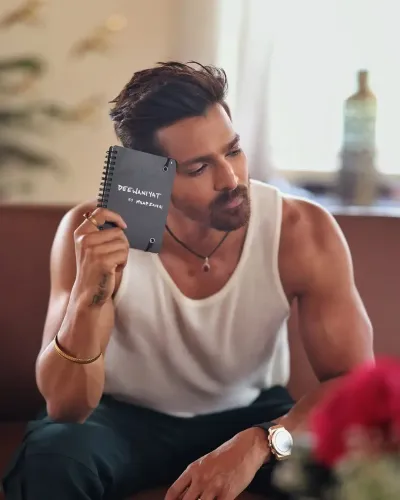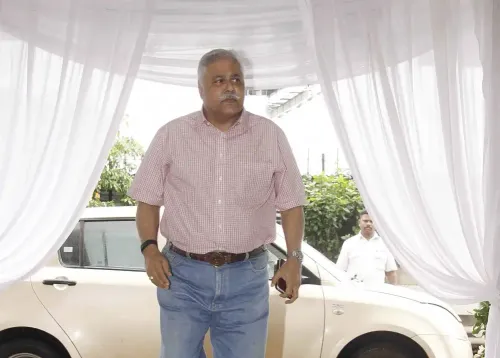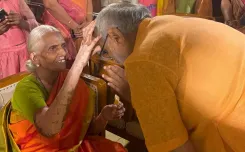What Does Taha Shah Badussha Think About Showcasing ‘Paro’ on a Global Platform?
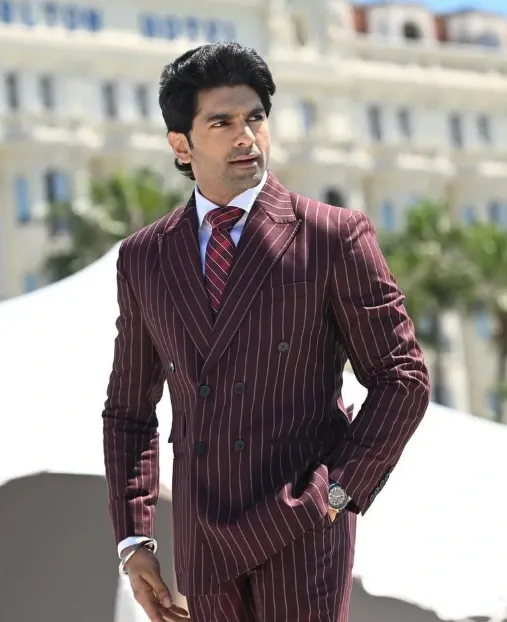
Synopsis
Key Takeaways
- Taha Shah Badussha's film 'Paro' showcases vital social issues.
- The film highlights the struggles of Paro brides.
- Directed by Gajendra Ahire, 'Paro' aims to initiate critical conversations.
- Recognition at Cannes 2025 underscores its global significance.
- Taha's character undergoes a transformative journey.
Mumbai, May 17 (NationPress) Taha Shah Badussha is absolutely thrilled as his film “Paro” was showcased at the Marché du Film during the ongoing Festival de Cannes 2025. The actor expressed that the chance to present his craft on such a prestigious global platform is profoundly meaningful to him.
Taha remarked: “I am immensely grateful and honored to be involved in a narrative that truly matters. Presenting Paro at the Marché du Film at Festival de Cannes is a significant privilege, as the film ignites crucial conversations and mirrors a powerful reality.”
“This chance to present our work globally is invaluable to me. I am sincerely thankful for the love, support, and faith that has brought us to this moment,” he added.
Directed by the renowned filmmaker Gajendra Ahire and produced by Trupti Bhoir under the banners of Trupti Bhoir Filmss and Sandesh Sharada International Pvt. Ltd., the film features Taha in a pivotal role.
Trupti stated: “Paro is not merely an Indian narrative; it’s a global concern. Being acknowledged at Cannes confirms that Paro transcends being just a film; it’s a movement for change that crosses borders and unveils hidden truths.”
The film highlights the struggles of Paro brides, also known as Molki brides, who become ensnared in the destructive cycle of bride buying and slavery. In this movie, Taha portrays the character Rashid.
Initially depicted as a man devoid of remorse, his character ultimately confronts circumstances that lead to his transformation and a journey towards redemption.
Beginning his career with Luv Ka The End, Taha was cast as an antihero, marking a pioneering role in the youth genre. He made another appearance in the 2013 film Gippi.
In 2015, he starred in Mahesh Bhatt's Barkhaa alongside Sara Loren. The following year, he featured in Karan Johar's Baar Baar Dekho opposite Sidharth Malhotra and Katrina Kaif as Tarun. He also appeared in Ranchi Diaries and marked his Hollywood debut in Draupadi Unleashed as Gautam.
However, it was Sanjay Leela Bhansali’s 2024 series “Heeramandi: The Diamond Bazaar” that truly captured the limelight for him.

